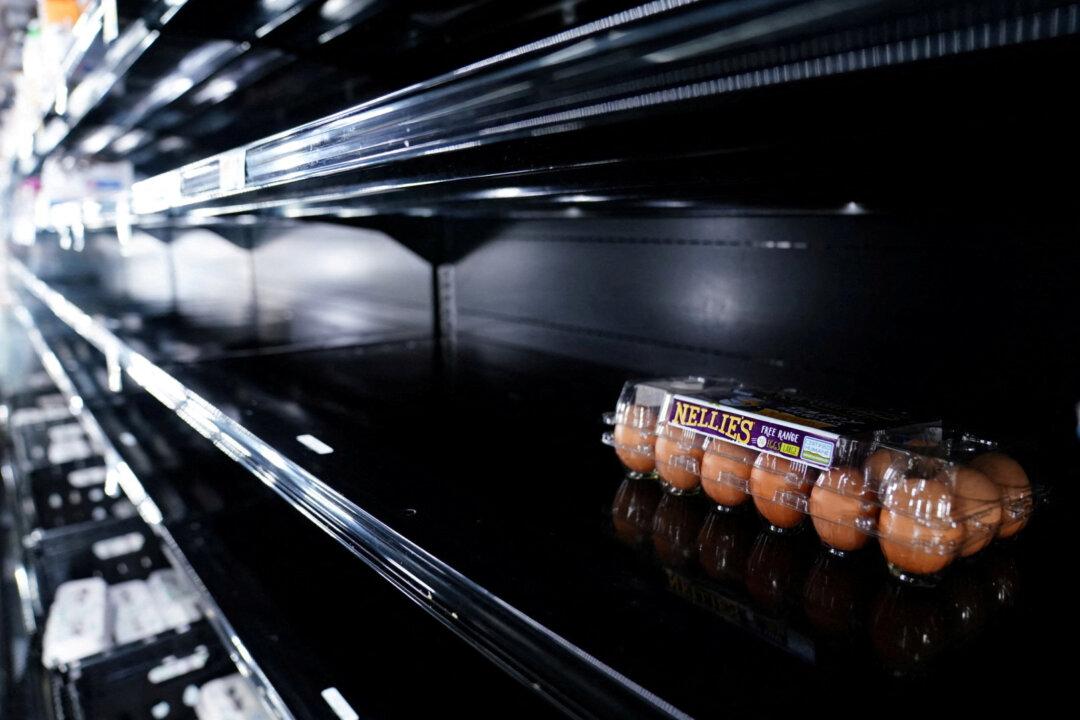Academics are arguing that World War II-style rationing could help fight climate change by slashing greenhouse gas emissions more rapidly and fairly.
In a paper (pdf) published on Feb. 20 in the journal “Ethics, Policy & Environment,” researchers from the University of Leeds in England argue that carbon rationing has been “neglected as a policy option for mitigating climate change.”




